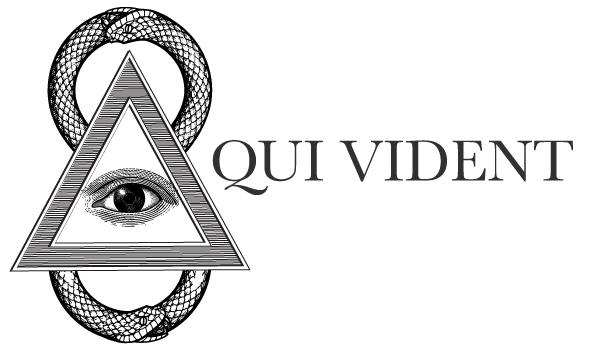Egyptosophy
Briefly, egyptosophy is the mythological version of egyptology that was prevalent in the 19th century, during Crowley’s lifetime, but it goes back as far as the 17th century and beyond. It is the idea that Egypt was pretty much the center of the magical universe if not the center of the known universe itself. This is where we get our egyptosophical framework for Thelema built right into everything—and then the assumptions start flying around. We’ll get into bad translations and stupid gods later, but it is enough to say now that we need to reexamine our assumptions when it comes to how we approach all these so-called egyptological words, what they really mean, or how we try to "retranslate" them.[1]
“The now mythologized doctrines of Egypt, seem to have been the original source of others more ennobling and hieroglyphic discoveries have traced, and are tracing them far beyond the era of the pyramids, to an unknown limit, but to a pure, sacred, and divine source.… When the art of writing was unknown, the primeval Egyptians resorted to symbols and emblems to express their faith; and these, as correctly interpreted, certainly present many sublime ideas in connection with those great truths which in an after age constituted the doctrines of ‘Christianity.’”
—C. W. Walter describing the Mount Auburn Egyptianizing Cemetery Gate (quoted in Carrott, Egyptian Revival, pp. 84–85)
The Greek word for wisdom, “sophia,” combines with “Egypt” to capture in a single term—Egyptosophy—the belief that the ancient Nile Valley was the origin of cosmic knowledge, magic, and alchemy. The knowledge and hidden wisdom of the ancient Egyptians were believed to give power over nature and humans (magic) and the ability to transform base metals into gold (alchemy). Egyptosophy transcends divisions between East and West, since its central figure, Hermes Trismegistus, appears in medieval Arabic writings as well as in texts from Renaissance Europe. Hermes Trismegistus, the Greek god Hermes with the epithet “three-times great,” originates in the Egyptian deity Thoth, god of writing and the lord of hieroglyphs. The belief in Egyptian wisdom was particularly influential in the writings of the German scholar Athanasius Kircher (1601–1680), and appears in places as diverse as the writings of Sor Juana Inés de la Cruz, a seventeenth-century Mexican nun, and Natacha Rambova, a twentieth-century resident of Connecticut. Some Egyptian symbols, such as the uroboros (a snake biting its own tail), show the persistence of the meaning of a single image through the millennia, the endurance of Egyptosophy across time and space.[2]
Attribution
No part of this publication may be used or redistributed for any purpose without the express prior written consent of the author.
Canons of Thelemic Philosophy & Religion © 1996-2024 by Qui Vident.

Comments
If you wish to comment about the materials here, feedback is welcome. Feel free to email questions, comments, and concerns regarding the Canons to curate@quivident.co.
Most publications attempt to "translate" these words into some modern understanding of Egyptian in order to appear scholarly. While there is some correlation, such an approach entirely misses the point of their use within the Book of the Law itself. ↩︎
Magic, alchemy, and Hermeticism. (n.d.). Echoes of Egypt. Yale Peabody Museum. https://echoesofegypt.peabody.yale.edu/egyptosophy/narrative ↩︎